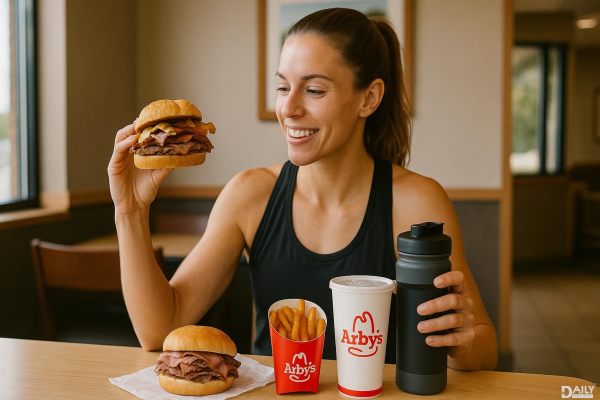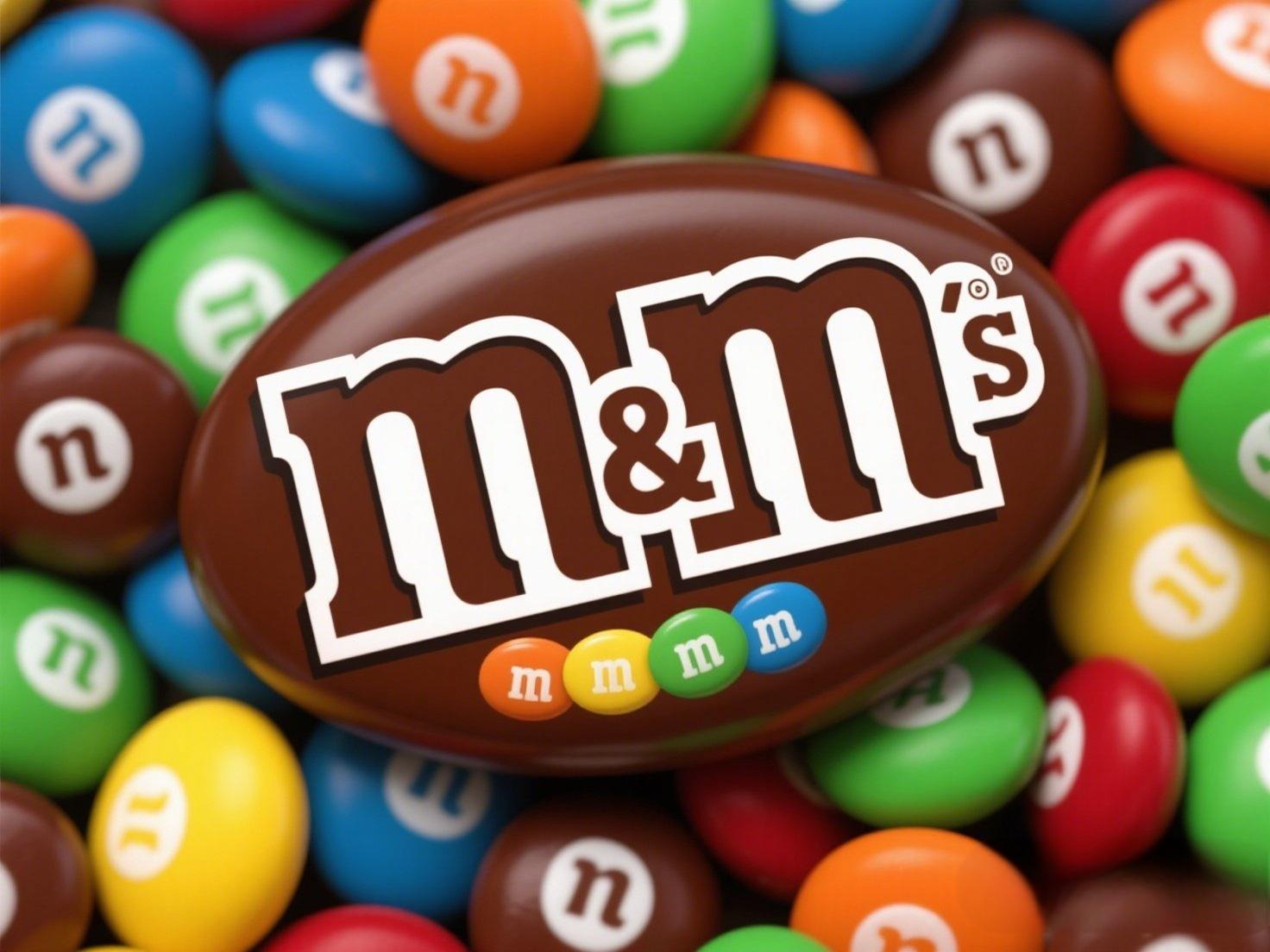Prebiotic and probiotic sodas might sound like a health-conscious dream come true—finally, a soda that doesn’t wreck your gut or spike your blood sugar, right? Well, it’s not that simple. While these fizzy newcomers do offer some benefits over traditional sodas, they’re not a magic elixir for gut health. The truth is, they can be a decent alternative if you’re looking to cut back on sugar and artificial ingredients, but they’re not a replacement for whole foods rich in fiber and probiotics. So, are they good for you? Sort of. But let’s break it down.
The Gut Health Hype: What’s the Deal with Prebiotics and Probiotics?
First, let’s clarify what we’re even talking about. Prebiotics are types of fiber that feed the good bacteria in your gut, while probiotics are live bacteria that can help balance your microbiome. Traditional sodas? Zero of either. But these new-wave sodas are packing inulin (a common prebiotic fiber) and sometimes strains like Bacillus coagulans (a shelf-stable probiotic). Sounds impressive, but here’s the catch: the amounts matter. Many of these sodas contain just enough prebiotics or probiotics to slap a "gut-friendly" label on the can, but not enough to make a significant impact on your digestion. Diana Ushay, RD, points out that while they’re better than regular soda, "you’d get way more benefit from eating a banana or some yogurt."
Sugar Wars: Are These Sodas Really Low-Sugar?
One of the biggest selling points of prebiotic and probiotic sodas is their lower sugar content compared to mainstream brands. A can of Olipop, for example, has around 2-5 grams of sugar, while a classic Coke packs a whopping 39 grams. That’s a massive difference. But here’s the thing—many of these sodas rely on sugar substitutes like stevia, monk fruit, or allulose to keep sweetness without the calories. Some people tolerate these just fine, but others experience bloating or digestive discomfort. Lorraine Kearney, RD, notes that "artificial sweeteners can still trigger cravings for sweet foods, which might undermine the health benefits." So, while they’re definitely a step up from high-fructose corn syrup, they’re not a free pass to guzzle them all day.
Flavor vs. Function: Do They Actually Taste Good?
no one’s drinking soda purely for health benefits. Taste matters. The good news? Many of these brands have nailed the flavor game. Poppi’s raspberry rose tastes like a fancy Italian soda, and Olipop’s vintage cola is shockingly close to the real thing. But some flavors can taste a little… off. The prebiotic fibers can add a slight tang or earthiness that not everyone loves. If you’re used to ultra-sweet sodas, the milder sweetness might take some getting used to. The verdict? They’re tasty enough to satisfy a soda craving, but don’t expect them to be identical to the sugar-loaded originals.
The Price of Being "Healthy"
Here’s where things get frustrating. A 12-pack of Coke costs about $5. A four-pack of Olipop? Around $20. Yikes. The premium ingredients and smaller production scale mean these sodas come with a premium price tag. For some, the cost is worth it for a healthier alternative. But if you’re on a budget, you might be better off drinking kombucha (which has similar benefits) or just sticking with sparkling water and a squeeze of lemon. Diana Ushay suggests that "if you enjoy them and can afford them, great—but don’t feel pressured to buy into the hype if it’s not practical for you."
Final Verdict: Should You Swap Your Soda Habit?
If you’re looking to cut back on sugar and artificial junk, prebiotic and probiotic sodas are a solid option—just don’t expect them to single-handedly fix your gut health. They’re a better choice than traditional soda, but they’re still a processed beverage. For real microbiome benefits, focus on whole foods like vegetables, fermented foods, and plenty of water. And if you love the taste? Go for it—just keep an eye on the sweeteners and your wallet. At the end of the day, balance is key. You don’t have to ditch soda entirely, but making smarter swaps where you can? That’s always a win.
























